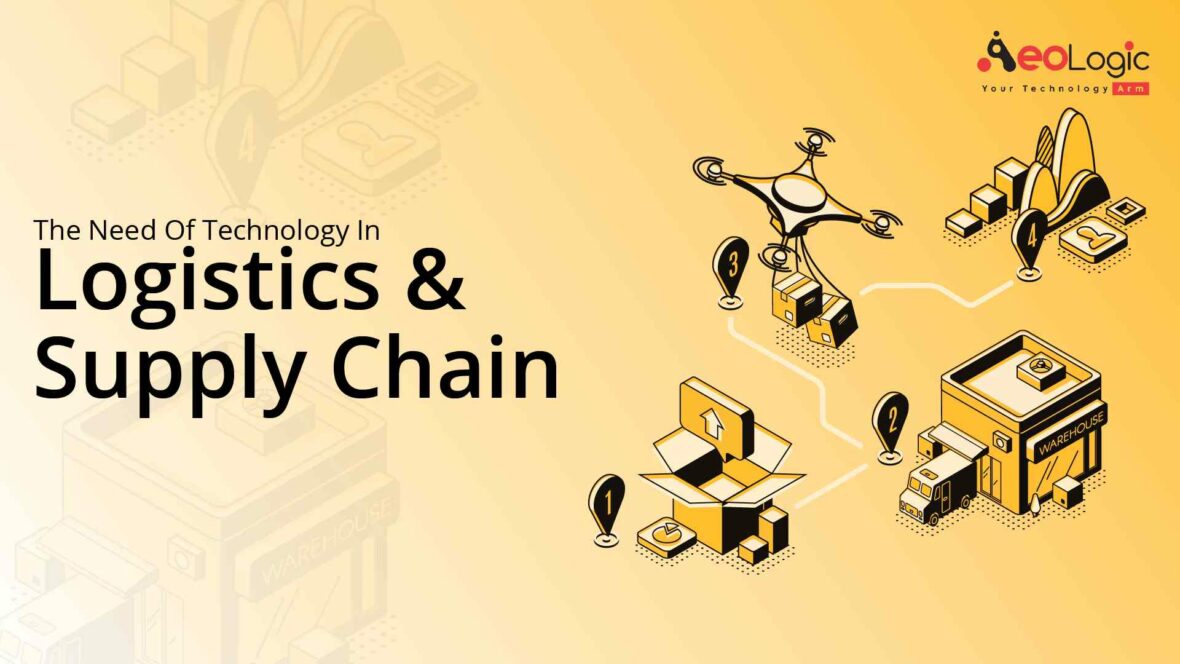Our world has become more confined, and a new data architecture has bridged vast distances, resulting in the emergence of a global network in which people, their environments, and machines can communicate with one another in real-time. This has resulted in higher levels of safety, comfort, and efficiency, as well as changes in society and our daily lives.
Every day, we use thousands of web applications, and virtually all of our work processes are coordinated by data streams. Manufacturers, clients, partners, and suppliers have broken down barriers, resulting in a practical, ultra-efficient fusion of potential. The entire lifecycle of a product is shaped by automated and highly networked processes, concepts, production, delivery, and service that are digitally guided and share all their process information.
Logistics is at the heart of this new world of commodity flows; it ensures the smooth flow of goods and materials. People and intelligent machines cooperate efficiently. Real and digitized processes have come in one unit. Our transport units communicate with each other and then assemble into modules as needed.
Goods know their destination, thus they can order transport on their own, all pallets and procedures are connected in terms of information and technology, all services updates and repairs are not automatic and are implemented concurrently with ongoing operations.
Technology in Logistics
The evolution of technologies in logistics –
1) – It is interesting to note that at the turn of the millennium in the year 2000, the talk of the town was about and had already done a lot of what is happening today. So the internet was growing in popularity. It wasn’t quite cloud computing, but all data was being stored, we had robotics, machine learning, and artificial intelligence, as well as warehouse management systems and a relatively sophisticated supply chain.
2) – Twenty years later the difference is that it is anchored in and has become a reality. The world is looking forward to seeing the future of these technologies but it’s a fact that we have actually seen the positivity and the productivity that they’ve brought to our lives.
3) – Today one of the biggest problems that are yet to be solved is visibility in the supply chain. Visibility remains a continual problem; it is a huge stumbling block.
4) – In today’s time of coronavirus, geopolitical threats, and other things, people are starting to look at their global supply chains a little differently, re-shifting countries of origin sourcing and some of the issues that are being brought on by labor that can be easily solved by artificial intelligence and robotics.
5) – In the future, the implementation of technology in logistics will be done not only to gain a competitive advantage, but also to survive, run, and optimise the logistics business.
Conclusion
To sum up, there are many technologies in today’s world such as radio frequency identification (RFID), artificial intelligence(AI), machine learning(ML), cloud computing, robotics, big data analytics, blockchain, and many more and each of these technologies contribute in making the logistics industry productive, efficient and effective in the most phenomenal way possible.
Are you looking to implement any of these technologies in your logistics business? If yes so please feel free to contact us at support@aeologic.com






